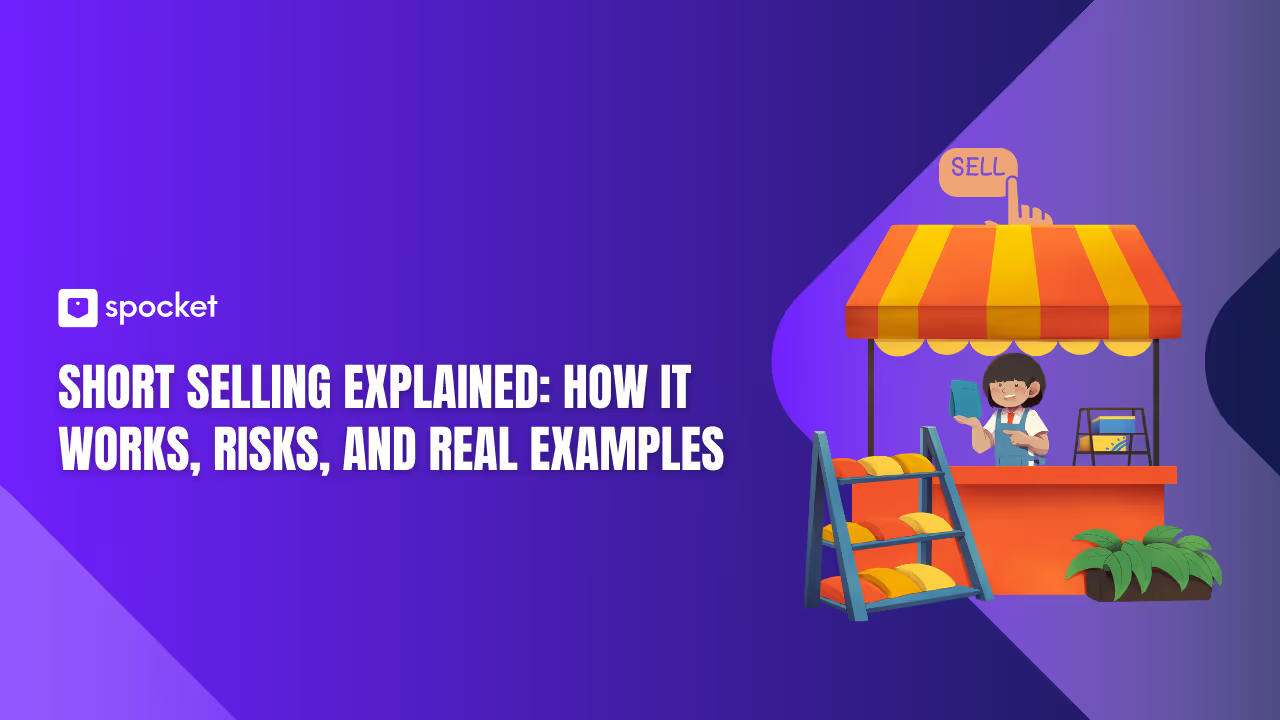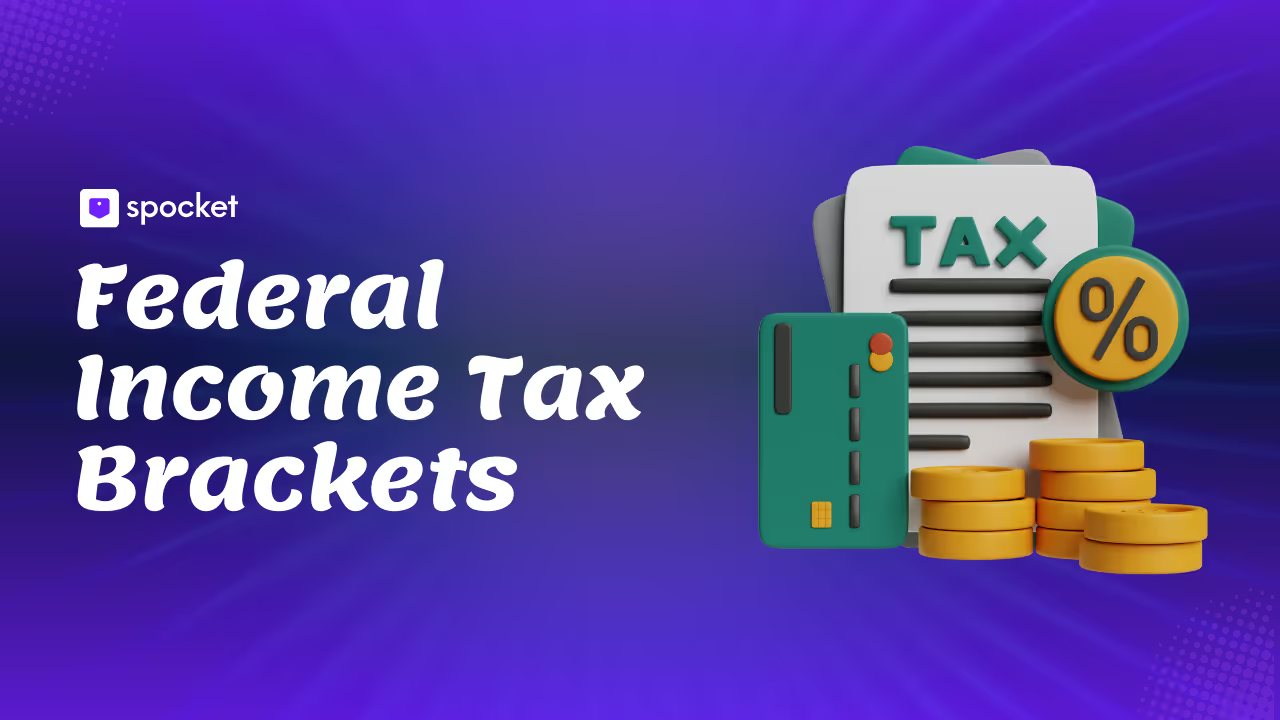Is PayPal Available in Nigeria
Learn how PayPal works in Nigeria, including setup, fees, limits, and safe ways to send or receive money. Discover trusted alternatives and practical tips.


If you live in Nigeria and shop online, you’ve probably asked yourself, “Can I really use PayPal here?” The short answer is yes, but with some important twists. PayPal is active in Nigeria, letting you create an account and pay for products or services around the world.
The catch? Personal accounts remain send-only. You can pay international merchants or subscribe to streaming services, but you can’t directly receive payments from abroad or withdraw PayPal funds to a Nigerian bank account. For freelancers, small businesses, or anyone who needs to get paid, this limitation matters.
That doesn’t mean you’re stuck. Nigerian entrepreneurs and shoppers have found clever workarounds—from verified business accounts to third-party gateways like Flutterwave and myPally—that make receiving money possible. In this guide, we’ll unpack everything: how PayPal really works in Nigeria today, what fees to expect, and smarter alternatives if you need more flexibility.
How a PayPal Nigeria Account Works

Before you create an account or send your first payment, it’s worth understanding how PayPal actually functions for Nigerian users. The way PayPal operates here is slightly different from countries where both sending and receiving money are fully supported. Knowing these details upfront will help you avoid surprises and plan the right strategy for your transactions.
What Is PayPal?
PayPal is a global payment platform that lets people and businesses send and receive money securely without sharing bank details. It’s trusted by millions of online stores and freelancers worldwide. In Nigeria, you can use PayPal to pay for international subscriptions, shop on global e-commerce sites, or send money abroad.
How Does a PayPal Nigeria Account Work?
In Nigeria, PayPal accounts are send-only by default. That means you can pay for goods and services, but you cannot receive personal payments or withdraw PayPal funds directly to a Nigerian bank account. To accept payments, many businesses integrate PayPal through third-party gateways such as Flutterwave or set up verified business accounts linked to foreign bank accounts.
Where Can I Use PayPal in Nigeria?
PayPal is accepted on countless global platforms—think Amazon, eBay, Netflix, and Adobe. You can also use it for digital services like website hosting or online courses. As long as the merchant supports PayPal, you can shop or subscribe with your Nigerian-linked Visa or Mastercard, making international transactions seamless and secure.
Personal vs Business Accounts (Know the Difference)
Before signing up, it’s important to decide which type of PayPal account fits your needs. Personal and business accounts look similar at first, but their capabilities and limits are very different. Understanding these differences will save you from headaches later and help you choose the setup that supports your goals.
Types of PayPal Accounts (Personal vs Business)
PayPal offers two main account types in Nigeria: Personal and Business.
- A Personal account is perfect for individual use—like shopping online, paying for streaming services, or sending money to family abroad.
- A Business account is built for entrepreneurs who sell products or services, allowing features like invoicing and checkout integration.
What You Can (and Can’t) Do with a Personal Account
A Nigerian personal account works smoothly for sending payments and making online purchases. However, it cannot receive payments directly or withdraw funds to local banks. If you’re a freelancer or seller needing to collect money from clients worldwide, a personal account will feel restrictive.
What You Can (and Can’t) Do with a Business Account
A business account unlocks more flexibility. With the right setup, businesses can accept international payments through their websites or via gateways like Flutterwave. Some business users also link foreign bank accounts to access earnings. Still, this requires extra verification and compliance with PayPal’s policies, so it’s not an instant solution for everyone.
How to Open a PayPal Account in Nigeria
Setting up a PayPal account in Nigeria is straightforward when you know the right steps. Whether you want to shop internationally or run an online business, a proper setup ensures smooth transactions and fewer issues down the road. Here’s how to create and verify your account without stress.
Requirements for Opening a PayPal Personal Account in Nigeria
Before signing up, gather these essentials:
- A valid email address for verification and notifications
- A Nigerian phone number for security checks
- A Visa or Mastercard debit or credit card activated for international payments (Verve cards are not accepted)
- Your residential address as registered with your bank
Having these ready will make the process quick and seamless.
Requirements for Opening a PayPal Business Account in Nigeria
For a business account, you’ll need a bit more:
- Your business name and registered address
- A working email and phone number
- A Visa or Mastercard debit or credit card
- Optional: a foreign bank account if you plan to receive international payments directly
These details help PayPal verify your business and enable advanced features like invoicing and online checkout.
Step-by-Step: How to Open a PayPal Account in Nigeria
- Go to the PayPal Nigeria website and click “Sign Up.”
- Choose between Personal or Business depending on your needs.
- Enter your name, email, phone number, and Nigerian residential address.
- Create a strong password and set up security questions.
- Link a Visa or Mastercard from a Nigerian bank.
- Verify your email by clicking the link sent to your inbox.
- Check your bank statement for the small PayPal charge and enter the code to confirm your card.
Once verified, your account is ready for use.
How to Verify Your PayPal Account in Nigeria
Verification is key to unlocking full functionality and avoiding payment delays. After linking your card, PayPal will charge a small amount—usually between $1 and $2. Retrieve the verification code from your bank statement and enter it in PayPal. This confirms your card and secures your account for international transactions.
How to Send Money with PayPal in Nigeria
Once your PayPal account is active, you can start sending money almost immediately. Whether you’re paying for an online course, shopping on international websites, or helping family abroad, the process is quick and secure. Knowing each step will help you avoid delays or unnecessary fees.
How to Send Money to Nigeria via PayPal
To send money, log in to your PayPal account and click on Send & Request. Enter the recipient’s email address linked to their PayPal account, specify the amount, and choose the payment type—Goods and Services for purchases or Friends and Family for personal transfers. Select your payment source, such as a linked debit card, and confirm the transaction.
PayPal also offers Xoom, a built-in service for international transfers. Xoom allows you to send money to more than 160 countries, even if the recipient doesn’t have a PayPal account. This feature is useful for quick remittances and offers options like direct bank deposits or cash pickups.
How Long Does It Take to Send Money Through PayPal?
Payments sent with a linked debit or credit card are typically processed instantly, while transfers funded by a bank account might take a few business days. For Xoom transfers, delivery speed depends on the recipient’s country and bank, but many transactions arrive within minutes. Always double-check details to avoid delays or reversals.
Receiving Money: What Actually Works (and What Doesn’t)
Sending payments from Nigeria is easy, but receiving them is where most users face challenges. PayPal Nigeria still operates under send-only rules for personal accounts. Understanding what is possible—and the safe workarounds—will help you plan ahead and avoid costly mistakes.
Can I Receive Money with PayPal in Nigeria?
For personal accounts, the answer is no. You can shop and pay internationally, but you cannot receive payments directly into a Nigerian PayPal account. This restriction applies whether the sender is an individual or a business. It’s one of the biggest limitations Nigerian users encounter.
Why Nigerian Accounts Are “Send-Only”
This limitation exists because of global compliance and fraud-prevention policies. PayPal introduced send-only access for Nigeria in 2014 after concerns about money laundering and scams. Although business integrations are possible, direct person-to-person receiving remains restricted for now.
Receiving via Business Workflows
Business owners who need to accept payments can do so through invoicing or website checkout integrations. A PayPal business account linked to a registered company allows customers to pay you directly when buying products or services online. You’ll need to provide accurate business details and may have to link a foreign bank account for withdrawals.
Flutterwave x PayPal: Enable PayPal on Your Checkout
Flutterwave offers one of the simplest ways to accept PayPal payments in Nigeria. By integrating PayPal on your Flutterwave checkout page, international customers can pay you in their own currency, and you receive funds in Naira. The setup involves creating a Flutterwave account, activating PayPal as a payment option, and verifying your business details.
myPally: What It Is and Key Limitations
myPally acts as a middle service, letting Nigerians receive PayPal payments that are converted and paid out in local currency. While convenient, it comes with fees and requires trust in a third party. It’s helpful for freelancers who need quick access to funds but is not an official PayPal feature.
Person-to-Person Receiving: Why It’s Restricted
Unlike in countries where two individuals can exchange PayPal funds freely, Nigeria’s regulatory environment blocks direct P2P receipts. Any website or individual promising “instant PayPal receiving” should be approached with caution, as these methods often violate PayPal’s terms and risk permanent account limitations.
Withdrawing Funds (Reality & Workarounds)
Being able to withdraw your money is just as important as sending or receiving it. For Nigerian PayPal users, this is where limitations become clear. There is currently no direct withdrawal option from a Nigerian PayPal account to a local bank. Still, there are safe and practical ways to access your funds if you plan ahead.
Can I Withdraw Money from PayPal to a Nigerian Bank Account?
The short answer is no. PayPal does not support direct withdrawals to Nigerian bank accounts. Even if your bank is linked for payment verification, you can’t transfer PayPal balances straight into it. For freelancers and business owners, this is a major roadblock when working with global clients.
Linking Cards and Banks: Visa and Mastercard Only
While withdrawals aren’t possible, linking a debit or credit card is necessary to verify your account and fund payments. Only Visa and Mastercard cards from Nigerian banks work. Verve cards are not accepted. Always ensure your card is enabled for international transactions and has 3-D Secure activated to avoid errors.
Workarounds: Grey, Virtual USD Accounts, Payoneer, Domiciliary Accounts
Many Nigerians use virtual dollar accounts like Grey, or global services such as Payoneer, to bridge the withdrawal gap. These platforms provide foreign bank details (like USD or GBP accounts) that you can connect to a business PayPal account. Another option is opening a domiciliary account with a Nigerian bank and linking it through an overseas PayPal setup.
Each method has its pros and cons. Virtual accounts are fast and convenient but may carry extra fees. Domiciliary accounts are reliable but involve more paperwork and stricter bank compliance. Choose the method that balances cost, convenience, and security for your needs.
Risks of Foreign-Country PayPal Accounts and Policy Violations
Some users open PayPal accounts in countries where receiving is fully supported, then link them to Nigerian bank cards. While this may work initially, it violates PayPal’s terms of service. Such accounts can be flagged, frozen, or closed without warning, and funds may be held for up to 180 days. Always weigh these risks before considering foreign setups.
Fees & Exchange Rates (With Examples)
Understanding PayPal’s fees is key to avoiding surprises. While opening an account is free, sending payments, converting currencies, or using third-party gateways often adds extra costs. Knowing these charges upfront helps you budget better and pick the most cost-effective payment route.
Opening a PayPal Account
Creating and verifying a PayPal account in Nigeria doesn’t cost anything. There are no sign-up or monthly maintenance fees. You’ll only incur charges when you make payments, convert currencies, or use add-on services.
Sending Payments: Domestic vs International
Sending money within Nigeria isn’t an option because PayPal doesn’t support local-to-local transfers. For international transfers, the fee depends on your funding source. Payments made with a linked debit or credit card usually attract about 3.4% plus a small fixed fee. For large transactions, this can quickly add up.
Paying for Online Purchases
If you buy from international merchants in the same currency as your card, PayPal generally won’t charge extra beyond the standard merchant fee. However, if currency conversion is involved, additional costs apply.
Currency Conversion (≈4% Above Base Rate) with Example
PayPal applies roughly 4% above the mid-market exchange rate when converting Naira to dollars or euros. For example, if the real exchange rate is ₦1,500 to $1, PayPal may convert at about ₦1,560. On a $500 purchase, that’s an extra ₦30,000 in conversion charges.
Gateway Fees (Flutterwave and Others)
If you use a service like Flutterwave to receive payments, expect an added fee—typically around 1.4% to 4%, depending on the payment method and currency. While this makes receiving money possible, it’s important to factor in these extra deductions when setting prices or budgeting for expenses.
Understanding these fees allows you to plan payments strategically. For example, making fewer, larger transactions can sometimes reduce total costs compared to multiple small transfers.
Conclusion
PayPal is available in Nigeria, but it doesn’t work the same way it does in countries with full access. Personal accounts remain send-only, which means you can shop globally and pay for services but cannot receive payments or withdraw funds directly to a Nigerian bank account. For many individuals, that’s enough to handle subscriptions, online shopping, or quick transfers abroad.
For freelancers and business owners, the story is different. To accept international payments, you’ll need to explore verified business accounts, integrate PayPal through gateways like Flutterwave, or use trusted third-party services and virtual dollar accounts such as Grey or Payoneer. Each option comes with its own costs, setup steps, and compliance requirements, so research carefully before committing.
By understanding the limits, fees, and safe workarounds, you can make PayPal work for your needs—or choose smarter alternatives like Wise, Payoneer, or Skrill for smoother global transactions. The key is matching the right payment solution to your goals.
FAQs About PayPal in Nigeria
Does PayPal work in Nigeria?
Yes. PayPal is available in Nigeria for creating accounts and making payments online. However, local capabilities are limited compared to some countries, and personal accounts are generally send-only.
Can I receive money through PayPal in Nigeria?
Personal Nigerian PayPal accounts typically can’t receive person-to-person payments. Businesses can accept PayPal at checkout through gateways like Flutterwave or other compliant setups.
How do I open a PayPal account in Nigeria?
Go to the PayPal Nigeria site, sign up with your email and phone number, add a Visa or Mastercard, and verify your card and email. Business accounts require additional business details and verification.
Which Nigerian bank cards work with PayPal?
Cards branded Visa or Mastercard from major Nigerian banks generally work when enabled for international payments. Verve cards are not supported. Ensure your card has 3-D Secure and international usage activated.
How can I withdraw money from PayPal in Nigeria?
Direct withdrawal from a Nigerian PayPal account to local banks isn’t supported. Businesses often route payouts via gateways like Flutterwave or link foreign currency accounts with compliant setups.
Launch your dropshipping business now!
Start free trialRelated blogs

Short Selling Explained: How It Works, Risks, and Real Examples
Learn what short selling is, how short selling works, real stock examples, risks, and how to short a stock step by step—explained simply.

Best Place to Sell Gold for Maximum Value
Looking for the best place to sell gold? Compare online buyers, jewelers, pawn shops, and dealers to get maximum value for gold jewelry, coins, and bars.

Federal Income Tax Brackets
Learn how federal income tax brackets work, current rates, standard deductions, and examples to calculate your federal income tax correctly.

































